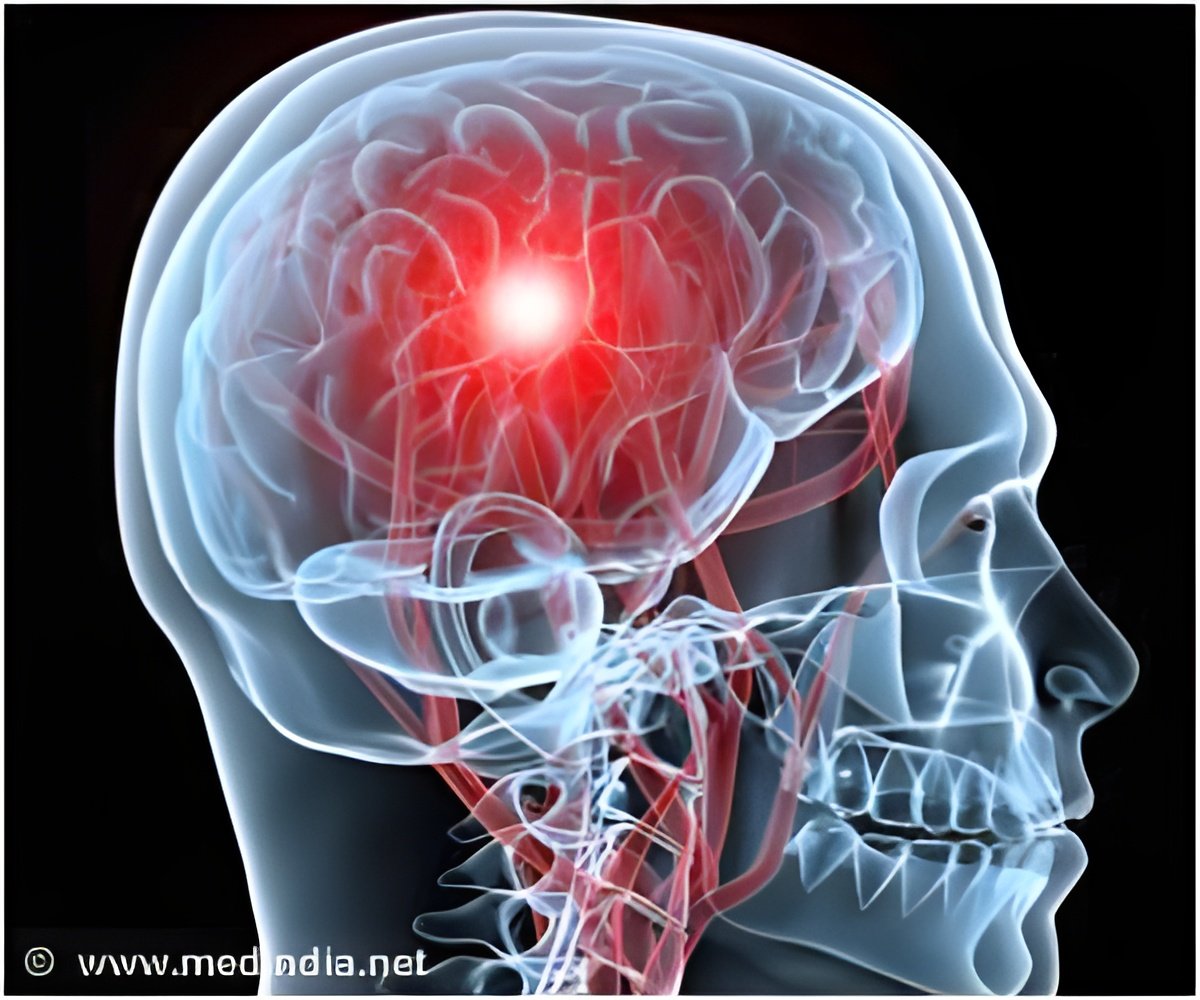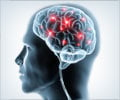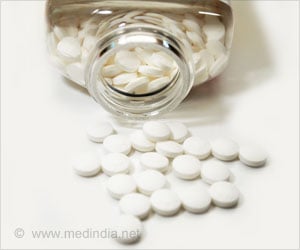The prevention of stroke strategy in Canada could help to reduce dementia in the elderly, reveals study.

- Stroke occurs when the blood supply to the brain is blocked or when the blood vessel in the brain bursts.
- Prevention of Stroke strategy may reduce the risk of dementia in the elderly, finds new study.
The stroke prevention strategy may appear to have an unexpected beneficial side effect, which includes a reduction in the incidence of dementia among the elderly.
A new paper from the research team at Western University, Lawson Health Research Institute and the Institute for Clinical Evaluative Sciences (ICES) shows that there is a decade long drop in the diagnosis of both stroke and dementia in the people above the age of 80.
Joshua Cerasuolo, a PhD candidate in epidemiology and biostatistics at Western’s Schulich School of Medicine and Dentistry said, "Some have said we're on the cusp of an epidemic of dementia as the population ages."
"What this data suggests is that by successfully fighting off the risks of stroke - with a healthy diet, exercise, a tobacco-free life and high blood-pressure medication where needed - we can also curtail the incidence of some dementias.”
"The take-home message is that we can prevent some dementias by preventing stroke," Cerasuolo said.
It is the first study to actually look at the demographics of both stroke and dementia across Ontario since Canada’s first stroke prevention strategy in 2000.
Stroke strategies were shown by five provinces and five of them did not.
Dr. Vladimir Hachinski, clinical neuroscientist at Western’s Schulich School of Medicine and Dentistry, a Lawson Health Research Institute scientist and neurologist at London Health Sciences Center, said, "With lifestyle changes, we can reduce our risks of both stroke and some dementias. That's a pretty powerful one-two punch."
The author also suggests that further research is required to understand the specific relationships between stroke and dementia.
Hachinski said, "We have systems in place for stroke prevention and our hypothesis is that any studies looking at stroke prevention should also investigate dementia prevention."
"It's a good-news story for Ontario and it could be a good-news story elsewhere."
Risk Associated With Stroke
People who have stroke are twice likely to develop dementia.
People who have had a diagnosis of stroke may also have several prior ‘silent’ strokes which could affect a patient’s cognitive ability.
The incidence of people who had new stroke diagnosis was among the highest-risk group, people who are aged above 80 years. This would eventually reduce by 37.9% in a span of little more than a decade. The incidence of dementia among these people also fell by 15.4%
Hachinski said, "As clinicians and researchers, we are still trying to get a handle on how to reduce a person's chances of dementia late in life. Some we can't influence - yet - but here is a pretty clear indication that we can take specific definitive steps to reduce our chances of dementia related to vascular disease."
Warning Signs of Stroke
- Numbness or weakness of the face, arm or leg
- Confusion or problems in speaking
- Walking difficulties
- Dizziness
- Severe headache
- Joshua O. Cerasuolo, Lauren E. Cipriano, Luciano A. Sposato, Moira K. Kapral, Jiming Fang, Sudeep S. Gill, Daniel G. Hackam, Vladimir Hachinski. Population-based stroke and dementia incidence trends: Age and sex variations. Alzheimer's & Dementia, (2017); DOI: 10.1016/j.jalz.2017.02.010
- Stroke - (http://www.world-heart-federation.org/cardiovascular-health/stroke/)
Source-Medindia















